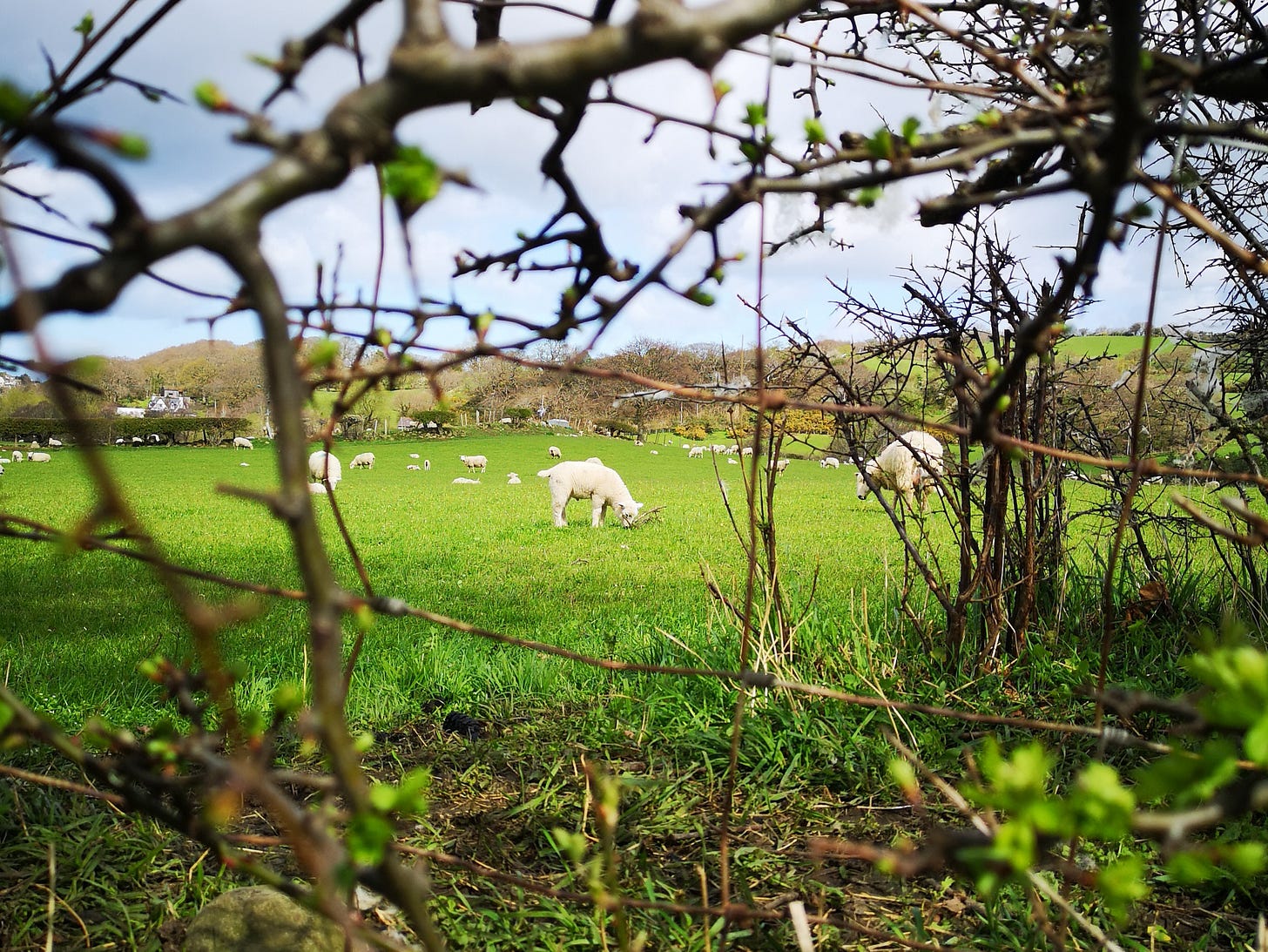Your "Silent To-Do List" Is the Number One Barrier to Your Simpler Life
That thing is a killer

If you’ve never heard of the silent to-do list, let me enlighten you.
The term was coined by Japanese author Fumio Sasaki in his book Goodbye Things and goes like this:
Every item in your home and life needs to be taken care of or maintained. Each item will “signal” that to you, forcing you to create a silent to-do list in your mind.
Some examples:
Dirty dishes signal you need to clean the kitchen.
Plants signal they need watering or maintenance.
Clothes in the closet could spark guilty thoughts like why have you not worn me yet?
A cluttered desk signals you need to tidy it before getting down to work.
Dirty clothes on the floor signal they need to be washed, dried, folded, and put away.
I wrote a whole article about the silent to-do list on Medium last year and it struck a chord with multiple thousands of people.
And I’m not surprised.
Right now I’m spending a few weeks in the UK, staying between my brother's and my mother’s house. And boy, has my silent to-do list grown since being here. So much so, I am coming to the realization that the silent to-do list is probably the biggest barrier to living a simple life.
Because right now, my life feels anything but simple.
Thankfully there is a solution.
Cut the clutter, cut the list.
Keep reading with a 7-day free trial
Subscribe to This much I know to keep reading this post and get 7 days of free access to the full post archives.


